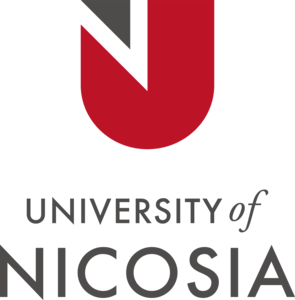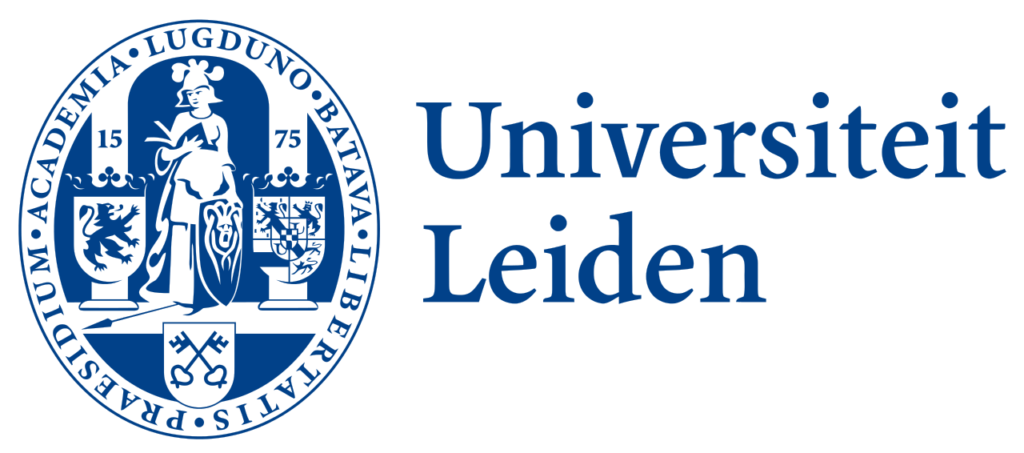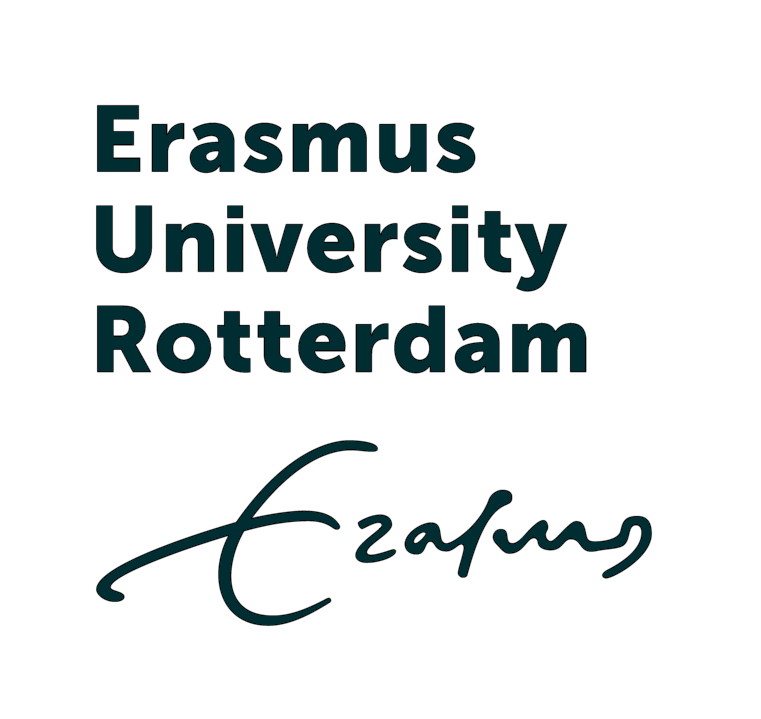Where Should I Study Abroad Quiz
Find Your Perfect Destination
Deciding on a study abroad destination is a significant step that requires careful consideration of various factors such as academic interests, cultural experiences, and financial constraints. With a myriad of countries offering diverse educational opportunities, settling on the perfect place can be daunting. However, we’ve developed an interactive ‘Where should I study abroad’ quiz to simplify the process, guiding prospective students toward destinations aligned with their personal preferences and goals.
Quizzes like ours analyze a multitude of elements ranging from academic programs to lifestyle choices. They are designed to match students with a country that not only complements their field of study but also accommodates their budget and supports their extracurricular interests. By considering aspects like language barriers, potential career paths, and personal growth opportunities, these quizzes provide a customized list of destinations that could enhance one’s international education experience.
Key Takeaways
- Interactive quizzes like ours offer personalized study abroad recommendations.
- Quizzes consider academic, financial, and lifestyle preferences.
- Proper destination selection paves the way for career and personal development.
Understanding Study Abroad Programs
Choosing to study abroad can be a pivotal decision in one’s higher education journey. It involves considering various program types, aligning one’s major with global options, and understanding university rankings.
Program Types
Study abroad programs offer a broad range of experiences tailored to different goals. They can be semester exchanges, where students attend a foreign university for a term, or summer sessions, which are short-term programs focusing on specific courses or fieldwork. Additionally, internship programs provide practical, hands-on experience in a relevant field overseas, augmenting academic learning with professional development.
Major Selection
Selecting the right program hinges on ensuring alignment with one’s major. Students must seek programs that bolster their education and career prospects. Many colleges and universities have partnerships with overseas institutions, offering courses that directly contribute to major requirements. This ensures that credits earned abroad will be recognized toward degree completion.
University Rankings
While university rankings are not the sole indicator of a program’s quality, they do offer a snapshot of an institution’s global stature. Rankings can provide insight into factors such as faculty reputation, research capabilities, and student engagement, which are crucial for advanced education. For students prioritizing academic excellence in their study abroad decision, these rankings can guide them to prestigious universities that will add significant value to their resumes.
Selecting Your Study Abroad Destination

When choosing where to study abroad, students must evaluate cultural aspects, language considerations, and the geographical location of their potential study destinations to ensure an enriching educational experience.
Cultural Considerations
One must consider the cultural milieu of their prospective study location, as it greatly influences their overseas educational journey. Ireland, with its rich literary history and hospitable community, offers a unique cultural experience for students interested in the arts and humanities. Similarly, Italy’s deep-rooted history and prominence in arts provide a stimulating environment for those keen on historical and cultural immersion.
Language and Education
Language is a crucial factor in the selection process. In China and Spain, language can pose both a challenge and an opportunity for immersive learning. Students may prioritize destinations like the UK or Australia for an English-speaking environment coupled with high educational standards. If that sounds like you, Beyond The States has thousands of programs taught entirely in English in Europe to choose from. Better yet we can assist you finding the perfect program through our Best Fit List service. Learn more about the ways we can help you get your degree abroad here. On the other hand, for those wishing to learn a new language or improve existing skills, opting for a country where a different language is spoken, such as Spain for Spanish, can be beneficial.
Location Factors
Geographic location plays a vital role in determining the overall study abroad experience. Europe’s diverse range of countries, such as the educational hubs of the UK and Ireland, offer a variety of climates, landscapes, and historical sites conducive to different preferences and academic pursuits. Canada’s vast expanse provides opportunities for exploration amidst a backdrop of natural scenery, while the metropolitan cities of England offer a blend of modern conveniences and historical charm.
Financial Planning for Study Abroad

When planning to study abroad, understanding and managing the financial aspects are as crucial as selecting a destination or institution. This section will provide guidance on comprehending the full scope of expenses, creating a comprehensive budget, and identifying opportunities for scholarships and financial aid to make studying abroad more affordable.
Understanding Costs
A student must first itemize the potential expenses they will encounter, which extend beyond tuition fees. These typically include but are not limited to airfare, visa fees, accommodation, books, insurance, and living expenses. Tuition can vary dramatically depending on the destination country and chosen institution. Additional costs often overlooked are establishment costs such as furniture or initial supplies if living off-campus.
- Tuition Fees: Depending on the country and program, these can range significantly.
- Living Expenses: Cost of living varies by location; major cities often cost more.
- Travel: Include both initial airfare and potential travel during your studies.
- Visa Fees: Required for international study, costs and processes vary by country.
Budgeting for Abroad Studies
A budget provides a financial roadmap for potential students and can greatly aid in the planning process by providing a clear picture of the required financial commitment.
- Calculate Initial Costs: This includes flights, initial accommodation, and moving costs.
- Estimate Monthly Expenses: Consider rent, utilities, groceries, and transportation.
- Plan for Emergencies: Have a reserve fund for unexpected expenses.
- Consider Part-Time Work: If permitted by the visa, this can supplement income.
Developing a budget early on is vital to determine the overall affordability of studying abroad and to avoid any unexpected financial challenges.
Scholarships and Financial Aid
Scholarships and financial aid can substantially reduce the financial burden of studying abroad. They are awarded based on various criteria, such as academic merit, financial need, or specific talents.
- Institutional Scholarships: Offered by the universities themselves, often based on academic excellence.
- Private Scholarships: Organizations and foundations provide scholarships with diverse eligibility requirements.
- Government Grants: Some countries offer financial aid to international students as part of cultural exchange programs.
Students should research and apply for as many relevant scholarships as possible to maximize their sources of non-repayable funding.
The Practicalities of Studying Abroad
Choosing to study abroad is a significant decision that entails meticulous planning and understanding the practical elements that will ensure a smooth transition. This section delves into the essential practicalities, focusing on travel arrangements and the visa application process.
Travel Arrangements
Students must research the best travel options to their chosen country, including flights, ground transportation, and potential transfers. Early booking can often secure better rates and flexibility in case of changes. Additionally, it is prudent to investigate whether your destination requires any specific travel insurance or vaccinations.
Visa Application Process
Securing a visa is a fundamental step in the study abroad journey. Each country’s visa requirements may vary, and it typically involves a thorough application process. Students should be aware of several key aspects:
- The type of visa needed (often a student visa, categorized differently depending on the destination)
- Application deadlines and processing times
- Necessary documentation, which may include proof of acceptance from an educational institution, financial stability, and a valid passport
- Potential interviews or additional screenings
Students are advised to consult the official embassy or consulate websites of their destination country for the most accurate and up-to-date visa information.
Lifestyle and Extracurricular Activities
When considering studying abroad, the lifestyle and extracurricular activities available in a destination significantly influence a student’s experience. These aspects of everyday life contribute to personal growth, cultural immersion, and the overall enjoyment of the study abroad journey.
Sports and Recreation
Students with an enthusiasm for athletics may seek destinations where sports and recreation are integral parts of the culture. For instance, studying in the United Kingdom provides an opportunity to engage in traditional sports like cricket and rugby. The UK is particularly known for its fervor for football (soccer), and students may participate in or watch matches, experiencing the nation’s passion first-hand.
Food and Cuisine
Food and cuisine are central to the cultural immersion of any study abroad program. Studying in Italy, for instance, allows students to savor authentic Italian dishes beyond what’s typically known, like pasta and pizza. They may learn about regional specialties and the role food plays in social and familial settings. Conversely, while in the UK, students can sample iconic fish and chips, exploring the local flavors and culinary practices.
Arts and Literature
The pursuit of arts and literature can be fulfilled in countries with rich cultural legacies. France, with its deep-rooted history in the arts, affords students a chance to visit innumerable art galleries and museums, from the grandeur of the Louvre to the charm of local galleries. Similarly, those with a passion for literature may find studying in places like England inspirational, walking the paths of legendary authors and exploring the settings of renowned literary works.
Career and Personal Growth
When considering studies abroad, students must understand that their choice can significantly influence their career trajectory and personal development. The globalized world values professionals who possess a unique blend of skills tailored to international standards.
Global Job Market Skills
Employers across various sectors are increasingly looking for candidates with international experience. Studying abroad exposes students to new educational systems and work cultures, enhancing their resumes with skills that are highly sought after in the global job market. Courses taken abroad might offer advanced technologies or innovative methodologies that aren’t available in one’s home country, making a candidate more attractive to potential employers.
- Cultural Competence: Exposure to different cultures and practices.
- Language Proficiency: Ability to communicate in a second language.
- Problem-Solving: Navigating challenges in an unfamiliar environment.
Networking and Adaptability
The experience of studying abroad invariably expands a student’s professional network. They come into contact with industry professionals, fellow international students, and faculty who have connections that span the globe. These contacts can become invaluable for securing international job opportunities or collaborations in the future.
Adaptability is another critical asset gained during such experiences. Students learn to be agile and flexible, adapting to new environments and situations, which is a vital trait in the modern workplace.
- Adaptability: Being flexible and quickly acclimatising to new surroundings.
- Global Network: Building relationships with a diverse group of people.
Take the ‘Where Should I Study Abroad’ Quiz
Choosing the perfect destination for studying abroad can be daunting. Quizzes can serve as a valuable tool to help narrow down the options. The ‘Where Should I Study Abroad’ Quiz is designed to align a student’s preferences with the most suitable international study locales.
Step 1: Assess Your Interests
Before taking the quiz, students should consider what they are hoping to gain from their study abroad experience. Are they looking to immerse themselves in a new culture, learn a language, or maybe they’re seeking a place with a strong emphasis on their academic field?
Step 2: Understanding Logistics
The quiz often asks questions surrounding logistical preferences — such as desired city size, climate, or distance from home. These details can significantly impact the overall experience.
Step 3: Consider Academic Requirements
For some, academic rigor and specialized programs are at the top of the list. The quiz may factor in the availability of certain courses or the need for standardized tests for admission to international universities.
Step 4: Reflect on Personal Growth
Studying abroad isn’t just about academics; it’s also about personal growth. Students should reflect on how they want to develop personally and how the quiz’s recommendations align with those goals.
The quiz can be found on various educational platforms, such as Babbel and HowStuffWorks. Each provides a unique set of questions that can help a student make an informed decision and feel confident and clear about their study abroad journey.
Frequently Asked Questions
Selecting the right country for study abroad is pivotal for a fulfilling educational experience. These FAQs cater to prospective international students seeking comprehensive insights into making informed decisions.
What are the top considerations when choosing a country for study abroad?
Students should consider the language of instruction, cost of living, cultural differences, visa requirements, and employment opportunities. Academic compatibility with the intended field of study is also crucial.
How can I determine the best study abroad program for my academic interests?
To align academic interests with a study abroad program, students should assess the curriculum, accreditation, faculty expertise, and research opportunities. Program reviews and alumni testimonials can provide additional guidance.
What factors should I weigh to decide whether studying abroad is right for me?
Students must contemplate their adaptability to new environments, career objectives, financial capacity, and personal growth goals. Reflecting on the long-term academic and professional benefits is advised.
Which regions offer the most enriching cultural experiences for international students?
Regions known for rich cultural experiences include Europe for its historical significance, Asia for its diverse languages and traditions, and Latin America for its vibrant customs and community engagement.
How does one evaluate the costs and benefits of studying abroad in a specific country?
Evaluation involves comparing tuition fees, living expenses, and potential financial aid against the academic quality, global recognition, and the personal and professional development opportunities that the program offers.
What resources are available to help students select a suitable study abroad destination?
Resources include educational consultants, study abroad fairs, university international offices, and online tools like quizzes provided by platforms like Babbel and Educations.com, which help match students with destinations that suit their preferences.












